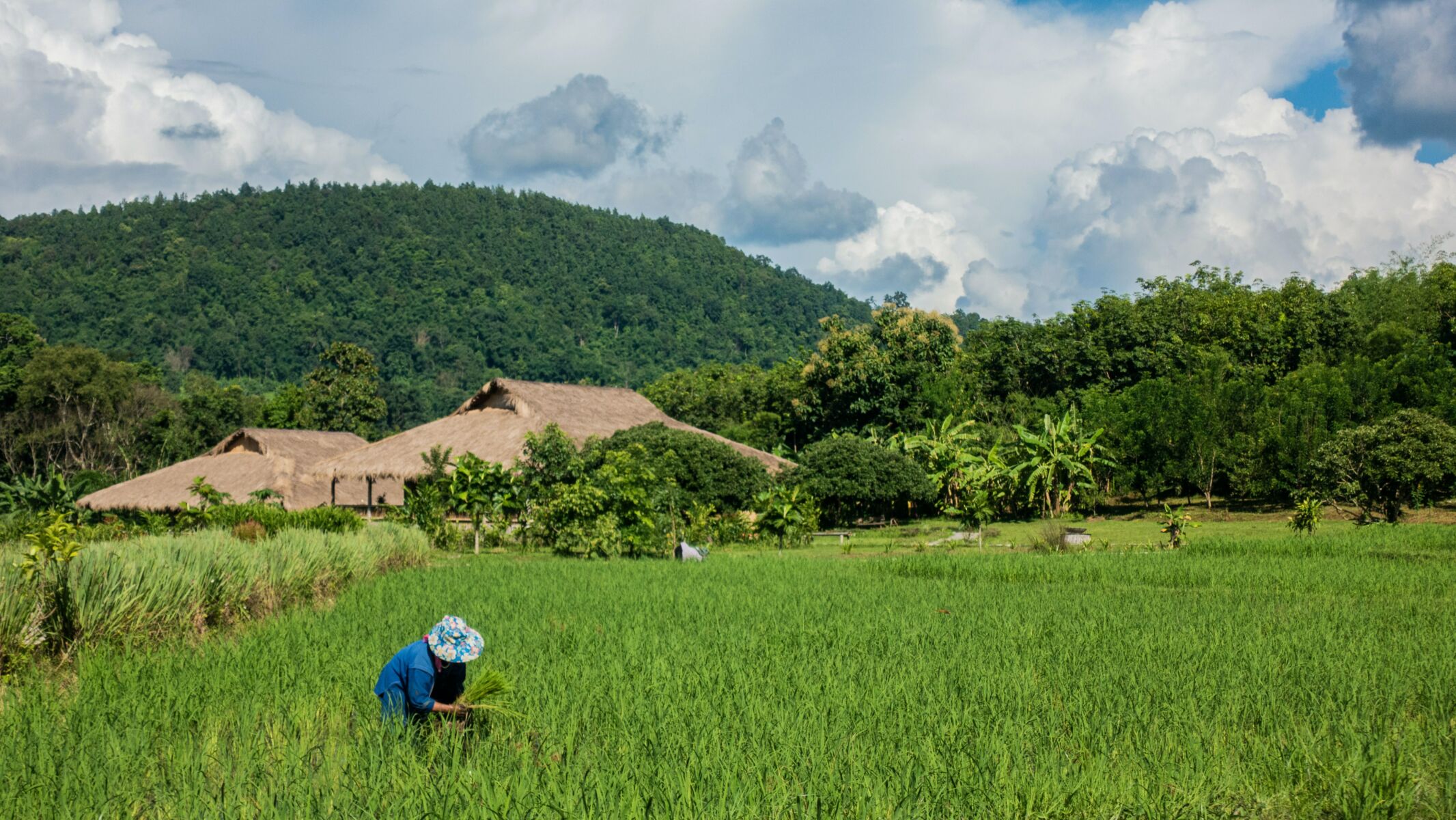Grain gain: Thailand’s rice exports sprout an impressive 12% surge

The Commerce Ministry reported a significant increase in Thailand’s rice exports. Data reveals an 11.91% rise in exports from January to August 29, compared to the same duration last year. During this period, Thailand managed to export a hefty 5.29 million metric tonnes of rice.
Despite the impressive rice export figures, the agricultural sector in Southeast Asia has been grappling with lower-than-usual rainfall. This has adversely affected the growth of rice, palm oil, sugarcane, and coffee crops. The lack of sufficient rainfall has been particularly severe in Indonesia and Thailand, with these nations being the worst affected.
The struggle with inadequate rainfall highlights the ongoing challenges faced by the agricultural sector in Southeast Asia. The region’s dependence on agriculture for both local consumption and export necessitates the development of effective strategies to manage the impact of unpredictable weather patterns. These strategies will be crucial in ensuring the sustainability and profitability of this vital sector in the face of climate change.
As the world’s leading rice exporter, Thailand’s performance in rice exports is closely watched by international markets. The country’s ability to increase rice exports despite challenging weather conditions underscores its resilience and adaptability. However, the ongoing weather challenges underline the importance of continued investment in agricultural technology and infrastructure to mitigate the impact of climate change on the sector.
The recent export data comes at a time when global food security is under increased scrutiny due to climate change and population growth. The role of major agricultural nations such as Thailand in ensuring global food security is becoming increasingly crucial. As such, the country’s success in increasing rice exports amidst challenging conditions is a testament to its strategic importance in the global agricultural landscape.
The Commerce Ministry’s data on Thailand’s rice exports provides a snapshot of the country’s agricultural performance amidst challenging weather conditions. It underscores the resilience of the Thai agricultural sector and its vital role in the global food supply chain. However, it also highlights the need for continued vigilance and strategic planning to ensure the sustainability of this sector in the face of ongoing climate challenges.
In conclusion, while Thailand’s impressive rice export figures are a cause for celebration, they also serve as a reminder of the ongoing challenges faced by the agricultural sector. As one of the world’s major rice exporters, the country’s agricultural performance is of global significance. Therefore, ongoing efforts to mitigate the impact of climate change and ensure the sustainability of this vital sector will be of paramount importance in the years to come.
To see how rising rice prices are affecting local restaurants in Thailand, read here to find out!
Follow The Thaiger’s latest stories on our new Facebook page: CLICK HERE.
Latest Thailand News
Follow The Thaiger on Google News:


























